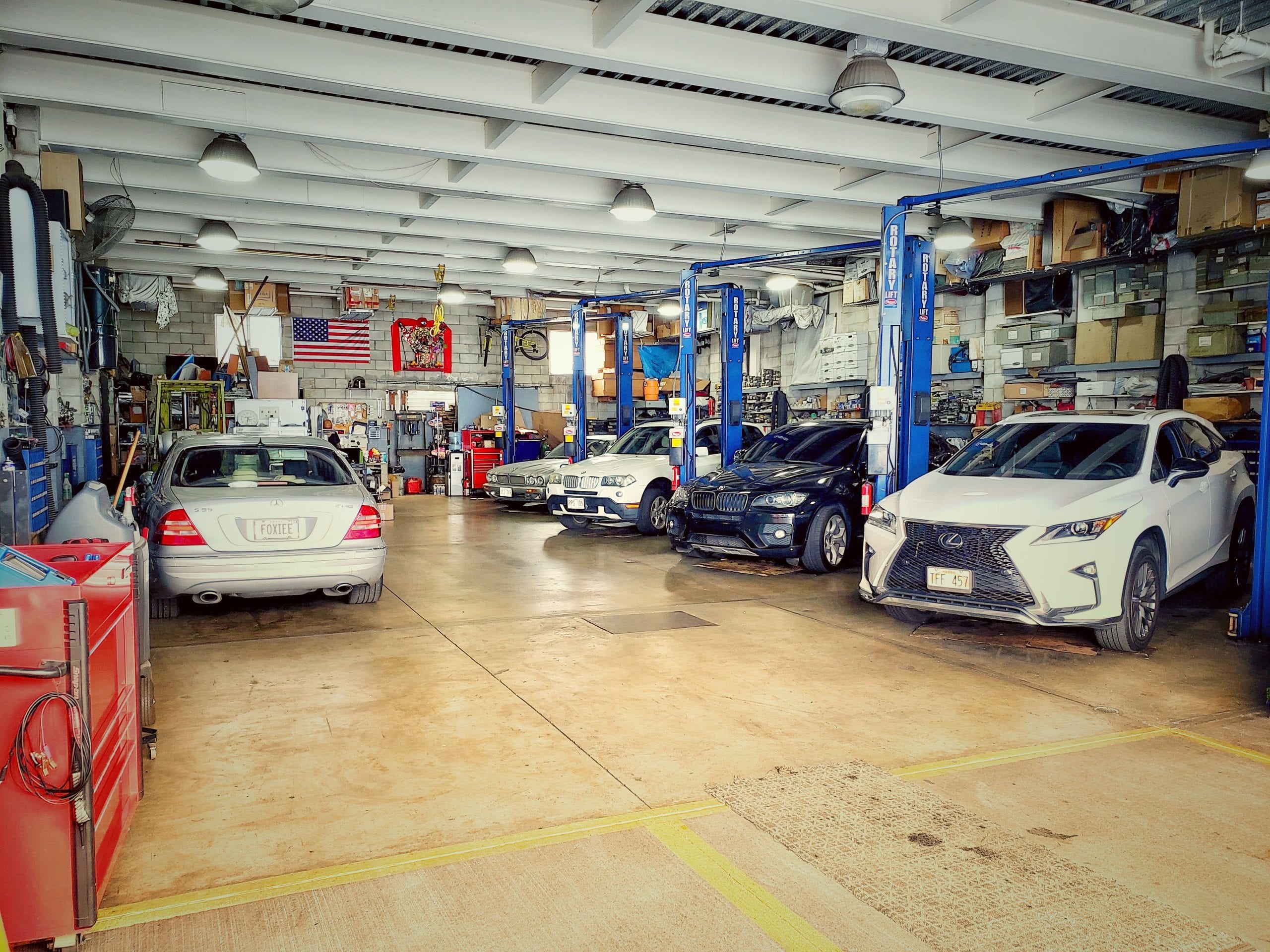All Categories
Featured
Normal engine tune-ups are necessary for maintaining your automobile's performance, improving gas efficiency, and expanding its lifespan. Whether you're a skilled auto proprietor or a newbie, understanding the key aspects of an engine tune-up can assist you keep your cars and truck running smoothly for years. Right here are some essential ideas to guide you via the process.
- Adjustment the Spark Plugs. Ignition system are tiny yet magnificent elements that play an important function in sparking the fuel-air blend in your engine. Gradually, they can wear or come to be fouled, causing inadequate engine efficiency, decreased gas effectiveness, and tough beginnings.
During a tune-up, examine your spark plugs for wear and change them as required. For many lorries, spark plugs need to be replaced every 30,000 to 100,000 miles, depending upon the type and material. Fresh ignition system guarantee reliable combustion and smoother engine procedure.
- Evaluate and Change the Air Filter. The air filter is your engine's initial line of defense against dirt, debris, and other contaminants. A stopped up or filthy air filter can restrict air movement, triggering your engine to work tougher and take in more fuel.
Examine your air filter during a tune-up and replace it if it's dirty or past its suggested service period. A tidy air filter improves engine efficiency and boosts fuel economic climate.
- Check the Gas System. With time, your fuel system can accumulate dirt and carbon deposits, minimizing engine performance and gas performance. Cleaning up the fuel injectors and fuel lines throughout a tune-up assists keep proper gas distribution and burning.
You can utilize a gas system cleaner or have an expert mechanic perform a more extensive cleaning. This step is specifically valuable for older lorries or cars and trucks frequently driven in stop-and-go website traffic.
- Check the Belts and Hoses. Belts and tubes are important for various engine features, such as running the generator, water pump, and a/c. During a tune-up, check for fractures, fraying, or indications of wear on these components.
Change any damaged belts and hoses to avoid prospective malfunctions. A busted belt or leaking tube can lead to engine overheating or loss of power, so resolving these concerns promptly is important.
- Replace the Engine Oil and Oil Filter. Engine oil is important for lubing moving parts, minimizing rubbing, and managing engine temperature level. Gradually, oil becomes polluted and sheds its efficiency.
As part of a tune-up, replace the engine oil and oil filter. Make use of the sort of oil suggested by your automobile's manufacturer and adhere to the recommended adjustment intervals. Tidy oil maintains your engine running efficiently and stops premature wear.
- Check the Battery and Billing System. A healthy battery is necessary for beginning your car and powering its electric systems. Throughout a tune-up, check the battery's voltage and evaluate the terminals for rust. Tidy the terminals if required and guarantee a secure link.
Furthermore, test the generator and charging system to ensure your battery remains billed throughout procedure. If your battery is weak or old, think about replacing it to avoid unanticipated failures.
- Flush and Refill the Coolant. The cooling system regulates your engine's temperature level, avoiding it from overheating. Old or polluted coolant can lose its performance, resulting in possible engine damages.
Throughout a tune-up, flush the old coolant and replace it with a fresh mixture. Also, inspect the radiator, thermostat, and hoses for leaks or damage. Keeping the air conditioning system in great condition guarantees your engine operates at the best temperature.

- Address Caution Lights and Uncommon Signs And Symptoms. Modern lorries are furnished with analysis systems that notify you to possible concerns via control panel caution lights. If your check engine light or any kind of various other advising indicators are on, resolve them throughout your tune-up.
Additionally, focus on uncommon signs and symptoms such as unusual sounds, harsh idling, or lowered gas effectiveness. An expert technician can diagnose and solve these issues during the tune-up procedure.
- Do Not Neglect the Exhaust System. Your car's exhaust system gets rid of dangerous gases from the engine and guarantees correct discharges. Examine the exhaust system for leaks, corrosion, or damages throughout a tune-up. A faulty exhaust system can influence engine efficiency and lead to environmental and safety concerns.
- Usage High-Quality Parts and Fluids. When replacing parts or rounding off liquids throughout a tune-up, always choose top quality items that meet your car's specs. Making use of poor components or incorrect fluids can negatively impact your engine's efficiency and durability.
Verdict: Routine Tune-Ups Are Trick to Engine Wellness. Taking the time to tune up your engine guarantees it runs effectively, saves fuel, and decreases the threat of failures. Whether you do these tasks yourself or count on a trusted auto mechanic, routine tune-ups are an investment in your car's reliability and long life. Comply with these ideas, and you'll delight in a smoother, much more trustworthy experience for years to find.
Latest Posts
The Advantages of Plastic Fencing from Washington Fence
Developing Enduring Appeal: The A Touch of Environment-friendly Landscape Design Approach
Boost Your Home with Decorative Iron Fencing
More
Latest Posts
The Advantages of Plastic Fencing from Washington Fence
Developing Enduring Appeal: The A Touch of Environment-friendly Landscape Design Approach
Boost Your Home with Decorative Iron Fencing
